The introduction of new tariffs by the administration has intensified concerns regarding a potential recession in the U.S. economy. Prominent financial leaders, including JPMorgan Chase CEO Jamie Dimon and Moody’s Analytics Chief Economist Mark Zandi, have raised recession forecasts significantly, indicating a mounting likelihood that households may reduce spending due to decreasing investment account values. This climate of uncertainty is crucial for the housing market, as a recession typically results in higher unemployment and financial strain on consumers, which can deter home buyers and depress sales.
As buyer demand weakens, home sales are projected to fall, exerting downward pressure on prices while increasing inventory levels. With home sales already experiencing significant declines, builders may further reduce new construction due to cost pressures from tariffs, aggravating the existing housing supply shortage. Though the repercussions of a recession may not be catastrophic, they will likely reinforce prevailing trends of diminished buyer activity, rising inventory, and softer pricing in the housing sector.
**Key Elements:**
– **Tariff-induced recession fears**: New tariffs could provoke a U.S. recession affecting consumer spending and housing.
– **Rising recession forecasts**: Economic leaders have raised probabilities for a recession, indicating increased financial strain on households.
– **Impact on housing market**: A recession leads to higher unemployment, pulling back buyer demand, slowing home sales, and reducing prices.
– **Softening housing conditions**: Existing trends show declining home sales and increasing inventory, exacerbated by potential construction slowdowns due to tariff impacts.
You can read this full article at: https://papersourceonline.com/what-a-recession-could-mean-for-the-housing-market/(subscription required)
Private Investors Capital is a professional private mortgage note buying firm with decades of experience. Contact us today for more information.







Leave A Comment